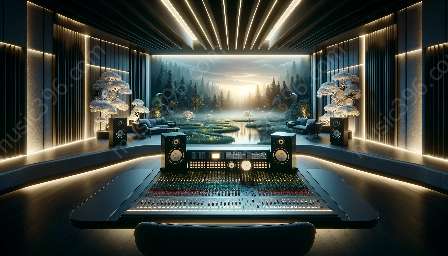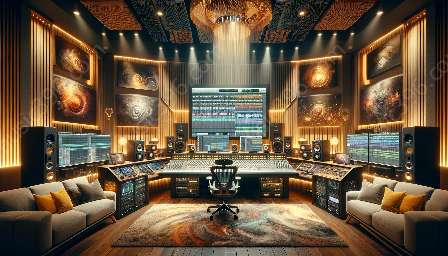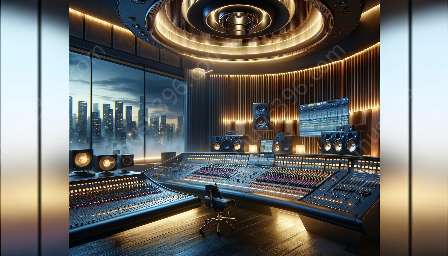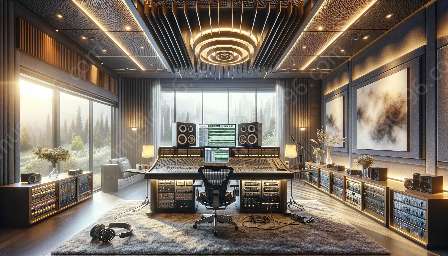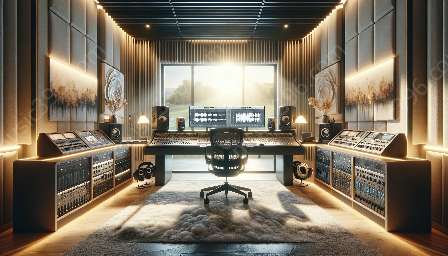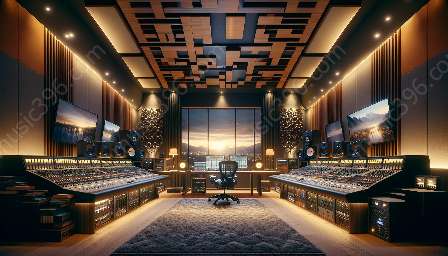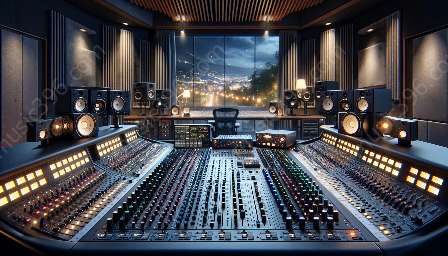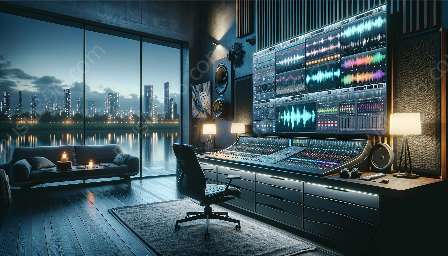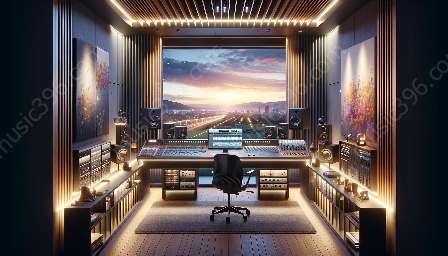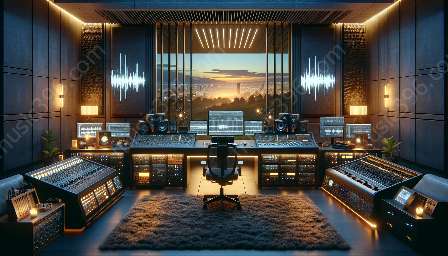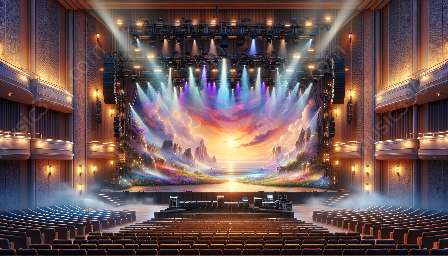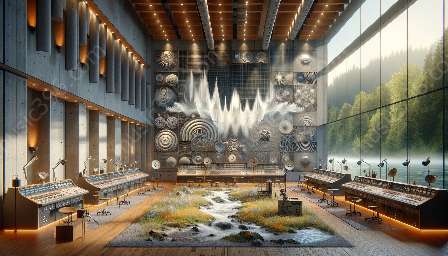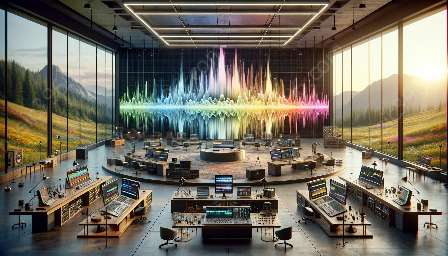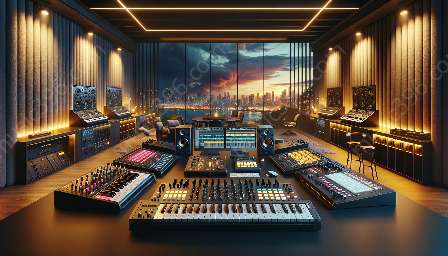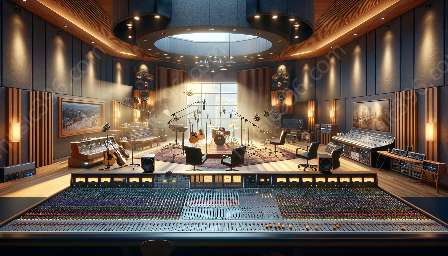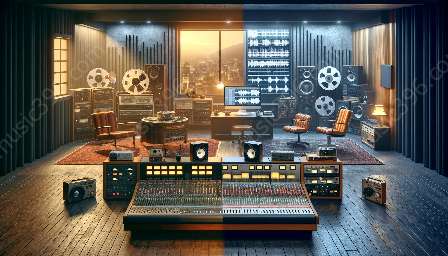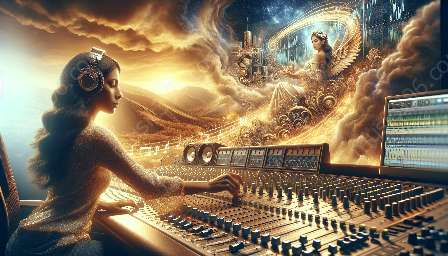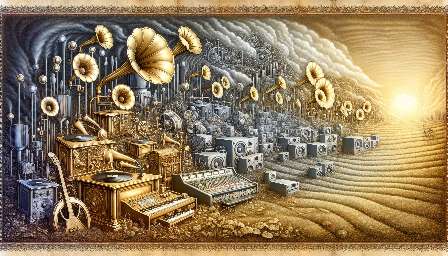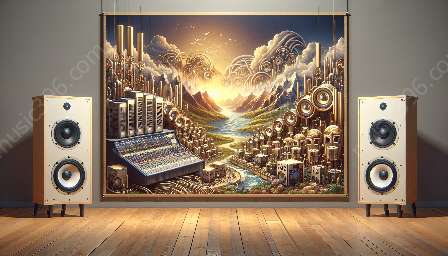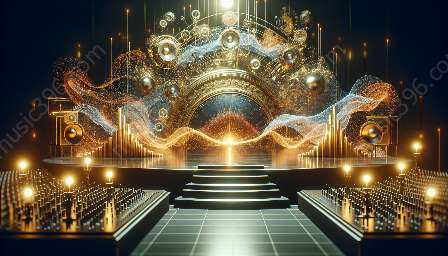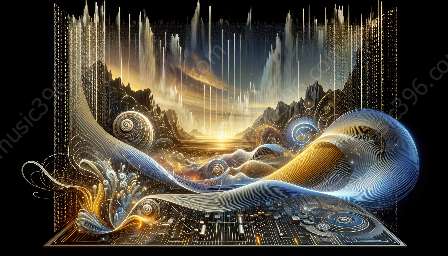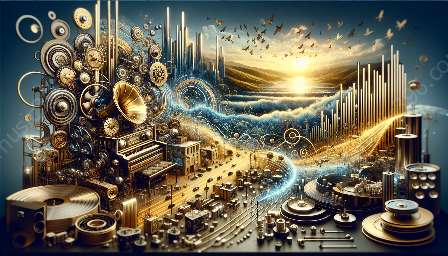Artistic expression and technical precision are two fundamental components of sound engineering. The interplay between these aspects plays a crucial role in the creation of high-quality audio experiences. A sound engineer must navigate the complexities of balancing artistic expression with technical precision to achieve optimal results.
Understanding Artistic Expression
Artistic expression in sound engineering encompasses the creative elements of audio production. It involves the subjective decisions and artistic choices made by sound engineers to evoke specific emotions, convey a message, or create a particular atmosphere through sound.
Artistic expression often involves the use of various audio effects, such as reverb, delay, and modulation, to add depth and character to the sound. Additionally, the manipulation of sound textures, dynamics, and spatial placement contributes to the artistic expression of a piece of audio. At its core, artistic expression allows sound engineers to infuse their individual style and creativity into the audio content they work on.
The Role of Technical Precision
On the other hand, technical precision in sound engineering pertains to the adherence to technical standards, accuracy in signal processing, and meticulous attention to detail in the reproduction and manipulation of sound. It involves the use of advanced equipment, software tools, and engineering principles to ensure that the audio meets specific technical requirements and industry standards.
Technical precision encompasses aspects such as frequency response, phase coherence, signal-to-noise ratio, and dynamic range, among others. It also involves the understanding and implementation of audio measurements and calibration to achieve accurate and consistent results across different audio systems.
Striking a Balance
For sound engineers, achieving a balance between artistic expression and technical precision is a delicate yet essential endeavor. Both components are integral to the production of professional and compelling audio content, and finding the equilibrium between them is crucial for creating impactful sound experiences.
The artistry of sound engineering allows for artistic expression to shape and enhance the emotional impact of audio content. However, without the technical precision to maintain clarity, fidelity, and sonic integrity, the artistic vision may not reach its full potential. Conversely, excessive focus on technical precision alone can result in sterile, uninspiring audio that lacks the creative spark and emotional resonance brought about by artistic expression.
The Sound Engineer's Role
Sound engineers play a pivotal role in mediating between artistic expression and technical precision. Their expertise and skill set enable them to understand the creative vision of content creators while also ensuring that the technical aspects are meticulously addressed.
Sound engineers utilize their knowledge of acoustics, signal processing, and audio technology to manipulate sound in ways that honor the artistic intent while upholding technical standards. They work closely with musicians, producers, and other audio professionals to translate artistic concepts into technically proficient audio productions.
Moreover, sound engineers are responsible for the selection and deployment of audio equipment, software plugins, and processing tools that contribute to both the artistic and technical facets of audio production. They employ their understanding of sound theory and psychoacoustics to achieve a harmonious blend of artistic expression and technical precision in the final audio output.
Conclusion
Artistic expression and technical precision are not opposing forces in the realm of sound engineering; rather, they are complementary elements that, when balanced effectively, lead to the creation of impactful and immersive audio experiences. Sound engineers, through their expertise in both creative and technical domains, play a crucial role in bringing these elements together to produce audio content that is not only artistically compelling but also technically proficient.
By recognizing the interdependence of artistic expression and technical precision, sound engineers can navigate the complexities of audio production with a holistic approach, ultimately contributing to the creation of engaging and sonically superior music, films, games, and various other forms of multimedia.

